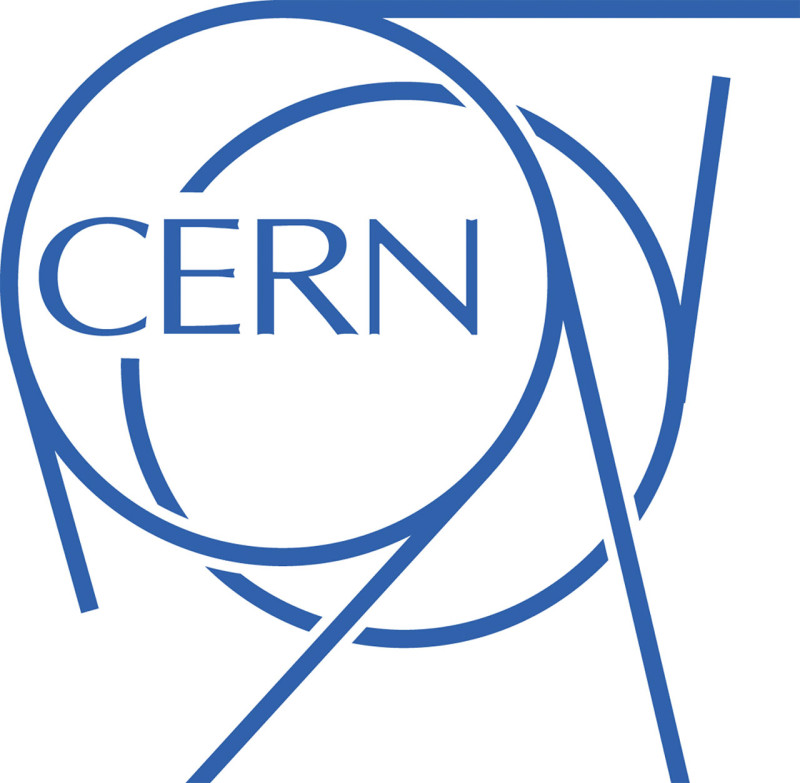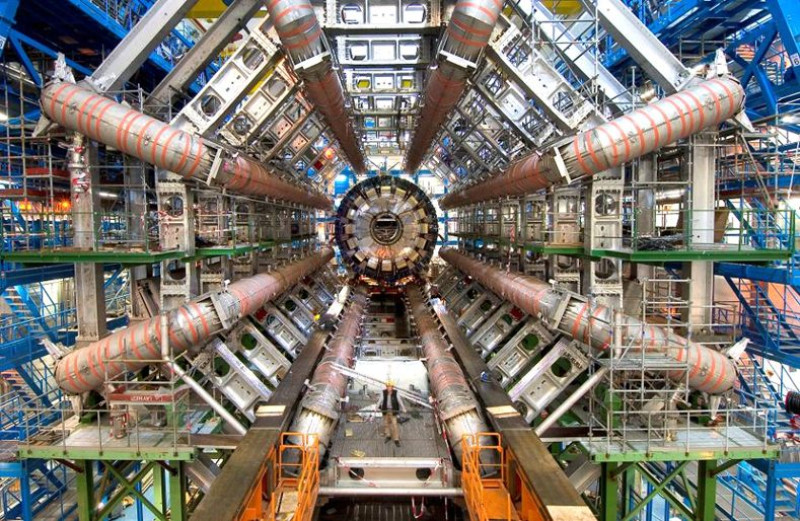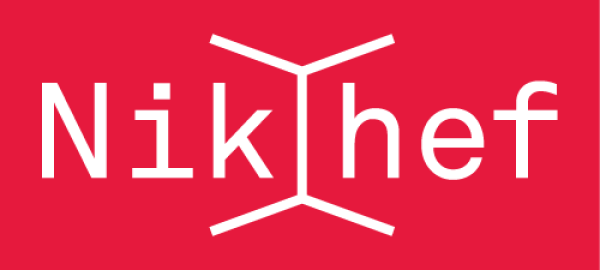CERN
CERN, the European Organisation for Nuclear Research, is one of the largest and most respected centre for scientific research in the world. At CERN, physicist from around the globe seek answers to fundamental physics questions such as “What is the nature of our universe?” and “What is it made of?”. This is done by using particle accelerators and pushing the limits of technology. The accelerators at CERN are used to answers these questions, but are also used in different fields of science.
This complex infrastructure is continuously improved and to this end there are many ongoing developments. To produce the parts designed and tested as prototypes industrial partners are engaged. In addition, the knowledge transfer department reaches out to industry to transfer newly developed technologies or know-how to enhance the use in other fields and to strengthen the economies of the member states.
To ensure that for these two manners the opportunities for The Netherlands are recognised and possibly effectuated, Nikhef, the National Institute for Subatomic Physics, which is the coordinating institute for all the scientific research that is done by The Netherlands at CERN, has appointed an Industrial Liaison Officer: Jan Visser.
This Liaison Officer has two tasks:
Support Dutch companies in finding their way at CERN. This entails finding out what CERN needs and which company is best equipped to put in a competitive bid for a certain tender. He works closely together with the procurement department at CERN.
Have a careful look at the technologies and know-how available at CERN for commercial applications and look for opportunities to transfer them to Dutch industry to allow them to improve products or develop new ones to strengthen their position.
CERN procurement procedures
To be able to do business with CERN companies are obliged to register in the CERN database for suppliers in the Suppliers Portal. This is the first place where procurement officers will look for potential suppliers based on the procurement codes with which they are registered. The suitable procurement codes are fundamental to being found for tenders as all tenders with a value estimated below 50 kCF are not published and only shared with the ILO’s as you can see in the overview below.
Different manners of tendering
Depending on the estimated value of the tender, the manner of distribution is determined:
- Up to 50 kCF; these tenders are only offered to a limited amount of companies, which are in the database, without consultation from the ILO’s;
- Above 50 kCF, the ILO’s are informed about all tenders and market surveys;
- Between 50 kCF and below 200 kCF, an ILO can propose a maximum of three companies from his home country;
- Above 200 kCF, first a market survey is performed.
The subsequent tender is only sent to companies who have qualified based on the market survey. The list of open and foreseen market surveys is listed on this page.
Knowledge transfer
CERN puts a lot of effort into advertising the available technologies for commercial applications.
Those technologies could offer an advantage for both corporates and start-ups. They are published at the Knowledge Transfer pages. Companies that are interested can contact Jan Visser, who is familiar with the CERN knowledge transfer group that sustains this effort. In addition, he coordinates three existing Dutch business incubators, which work with CERN technologies in the domain of start-ups. These are HighTechXL in Eindhoven, ACE/IXA in Amsterdam and Brightlands in Geleen.



